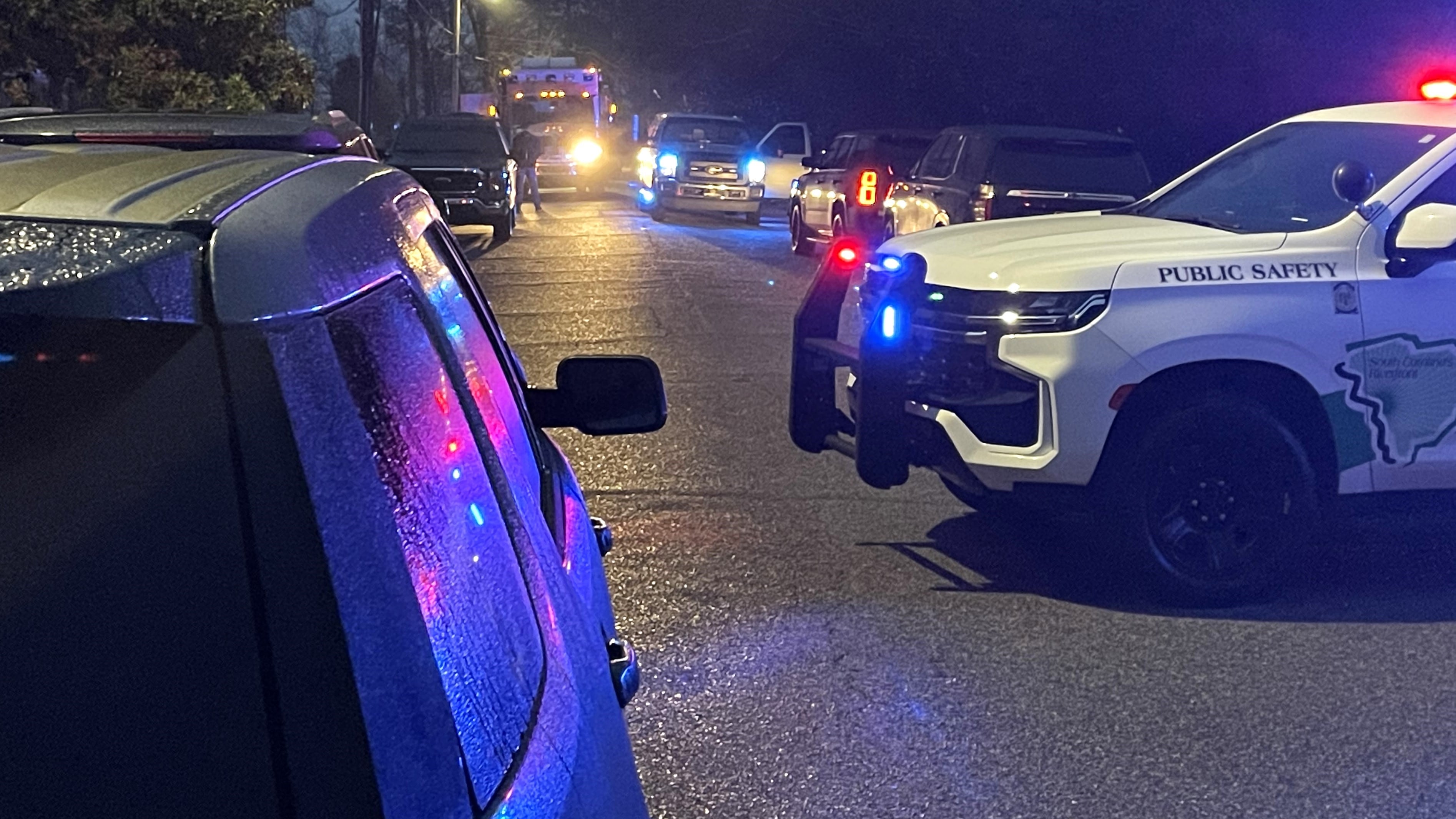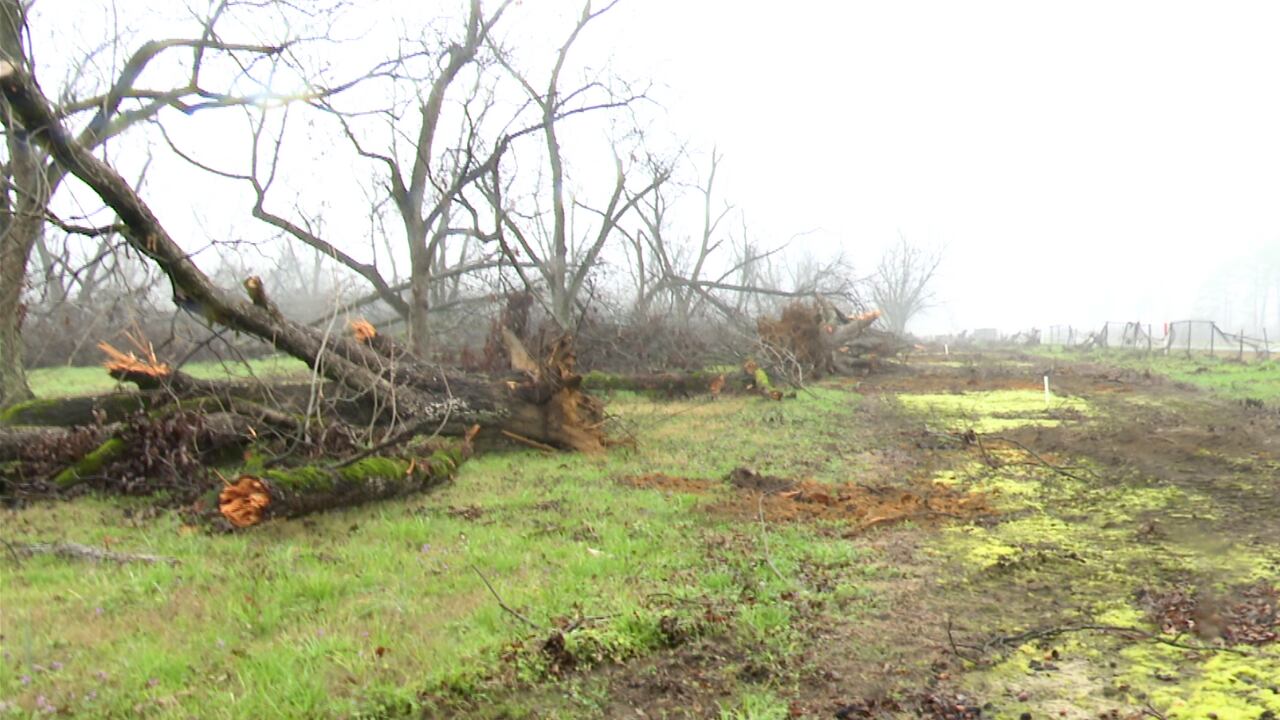S.C. Supreme Court hears arguments on ‘heartbeat’ abortion law
COLUMBIA, S.C. (WRDW/WAGT) - For the third time in three years, the issue of abortion is back before South Carolina’s highest court.
On Wednesday morning, the state Supreme Court heard arguments in a challenge brought by Planned Parenthood against South Carolina’s “fetal heartbeat law.”
S.C. bill hits roadblock in push to let car makers by dealers
A controversial bill that would allow electric vehicle manufacturers to sell their vehicles directly to consumers in South Carolina is seemingly in danger after a hearing Wednesday.

The last two abortion cases before South Carolina’s Supreme Court challenged whether the state’s abortion law is constitutional.
The question before justices Wednesday was different: At what point exactly in a pregnancy do abortions become outlawed?
“We are here today seeking binding clarity about when in pregnancy a fetal heartbeat, as defined by the ‘Fetal Heartbeat Act,’ occurs,” said Catherine Humphreville, attorney for the Planned Parenthood Federation of America.
MORE FROM NEWS 12
South Carolina: Latest from the State House

- New bill could ease property taxes for S.C. boat owners
- S.C. lawmakers consider enacting online protections for children
- S.C. attorney general warns against ICE ‘mass resistance’
- S.C. Republicans want to ban DEI practices at state agencies
- South Carolina lawmakers push for hands-free driving bill
- South Carolina lawmakers float bill to regulate vapes
The law bans abortions “if the unborn child’s fetal heartbeat has been detected” – defining “fetal heartbeat” as “cardiac activity, or the steady and repetitive rhythmic contraction of the fetal heart, within the gestational sac.”
Nowhere in the law does that specify an exact time in a pregnancy – in of weeks or days.
But Planned Parenthood argues it should be enforced around nine weeks – which it says is approximately the time an embryo develops into a fetus – without which there can’t be a fetal heartbeat.
Bomb squad responds to ‘suspicious’ devices at North Augusta home
Law enforcement officials say they have responded to a North Augusta home after reports of a suspicious device.

“It’s not for a court to rewrite a statute,” Humphreville said.
But the state argues enforcement should begin around six weeks into a pregnancy – which is what’s in effect around South Carolina right now.
Attorneys for the state noted that six-week timeline – is how Planned Parenthood itself and opponents of this legislation – described the restriction when they were fighting its age at the State House and in the courts.
“You have Planned Parenthood calling it a ‘six-week ban’ more than 300 times in their filings, and in Planned Parenthood 2, in their brief in that case on page 42, note 50, they call the six-week mark the ‘hallmark feature’ of the 2023 act,” said Grayson Lambert, attorney for Gov. Henry McMaster.
CSRA farmers face ongoing struggles after Hurricane Helene
Our local farmers are hurting. Producers throughout our region say the aftermath of Helene is shaping up to be harder than the actual storm.

And the state’s team argued it was clear the General Assembly intended for this ban to go into effect around six weeks into a pregnancy.
“You’ve got days of debate in the Senate and the House, and never a person says this is a nine-week or this is a 10-week law,” Lambert said.
Planned Parenthood argued clarification is needed in this case because without it, abortion providers will follow the strictest interpretation of the law due to the severe penalties they could face for breaking it.
Planned Parenthood says this would further restrict abortion access across South Carolina – where it’s already extremely limited.
There’s no timeline for justices to rule in this case.
Copyright 2025 WRDW/WAGT. All rights reserved.















